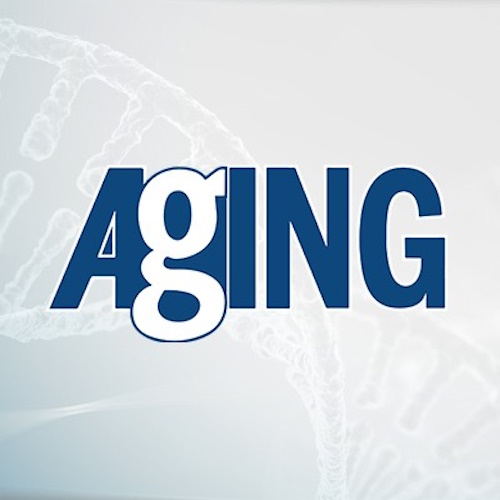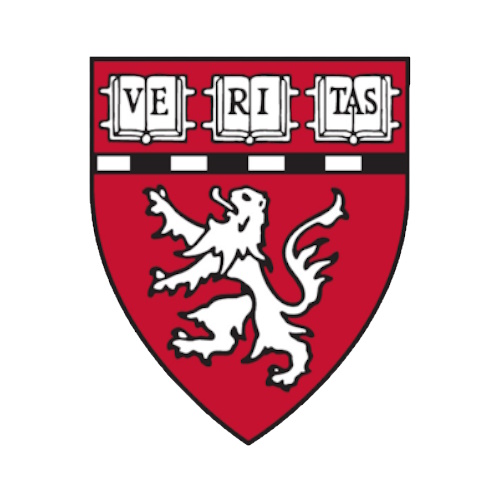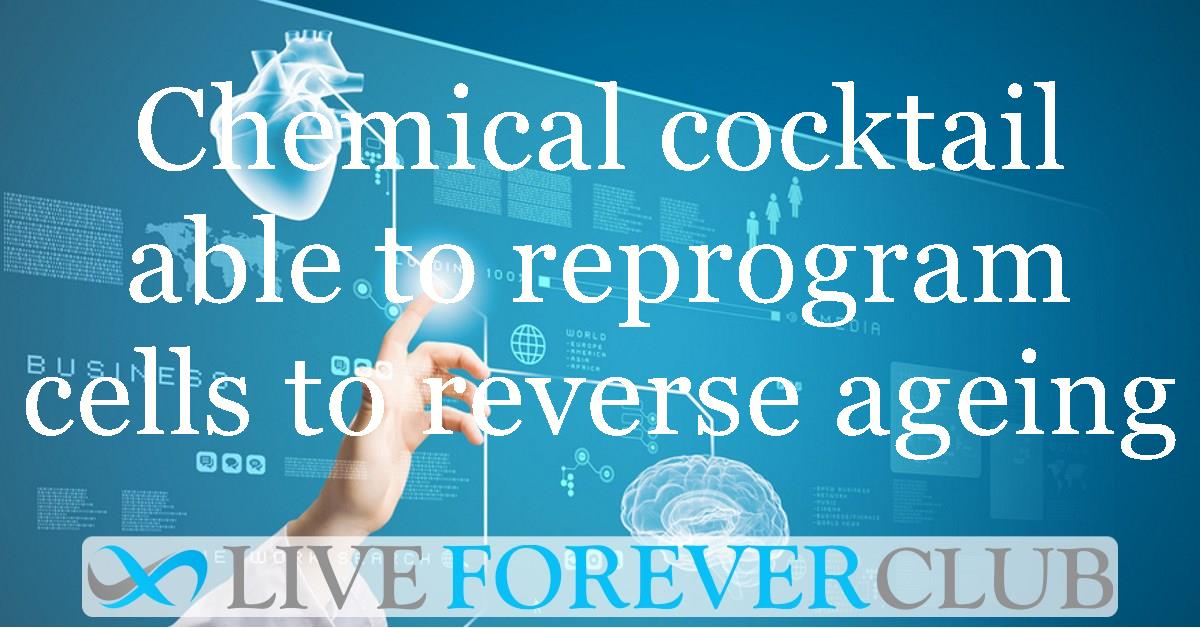Scientists have made a breakthrough in reversing cellular aging by using chemicals instead of genetic manipulation. Aging is associated with a loss of epigenetic information, which leads to changes in gene expression and a decline in cellular function. Previous research has shown that the introduction of certain genes, known as Yamanaka factors, can restore youthful characteristics in cells without altering their identity. However, delivering genetic material to cells has limitations and potential risks. In this study, researchers developed high-throughput screening methods to identify chemical cocktails that can rejuvenate cells and reverse their transcriptomic age.
The researchers focused on a process called cellular senescence, which is a state of permanent cell cycle arrest that occurs in aging cells. Senescent cells contribute to inflammation and the development of age-related diseases. The team developed a screening assay that can distinguish between young, old, and senescent cells based on nucleocytoplasmic compartmentalization, a characteristic that changes with age. They tested various small molecules that have been successful in reprogramming cells into a pluripotent state and found combinations that could reverse cellular aging without altering cell identity.
The study showed that these chemical cocktails can restore a youthful gene expression profile in cells and reverse their transcriptomic age. This rejuvenation process, known as the EPOCH method, has the potential to treat age-related diseases and facilitate whole-body rejuvenation. The researchers also found that the chemical cocktails improved the integrity of nucleocytoplasmic compartmentalization, which is important for the proper functioning of tissues such as the nervous system.
Transcriptomic analysis revealed that the chemical reprogramming cocktails affected genes associated with inflammation, mitochondrial metabolism, lysosomal function, and other processes involved in cellular aging. Despite differences in the composition of cocktails for mice and humans, they had similar effects, suggesting shared mechanisms of action.
While the results are promising, further research is needed to understand the mechanisms underlying this rejuvenation process and to assess its effectiveness in different cell types, tissues, and species. Safety testing in animal models is crucial before human trials can be initiated. The researchers emphasize the importance of ensuring that the rejuvenation process does not lead to uncontrolled cell growth or tumorigenesis.
Research by David Sinclair and others at Harvard Medical School published in journal Aging.







